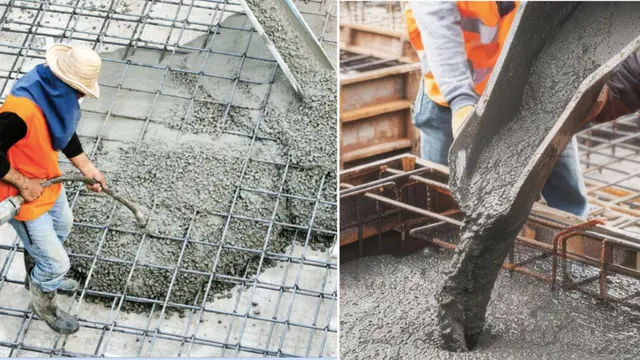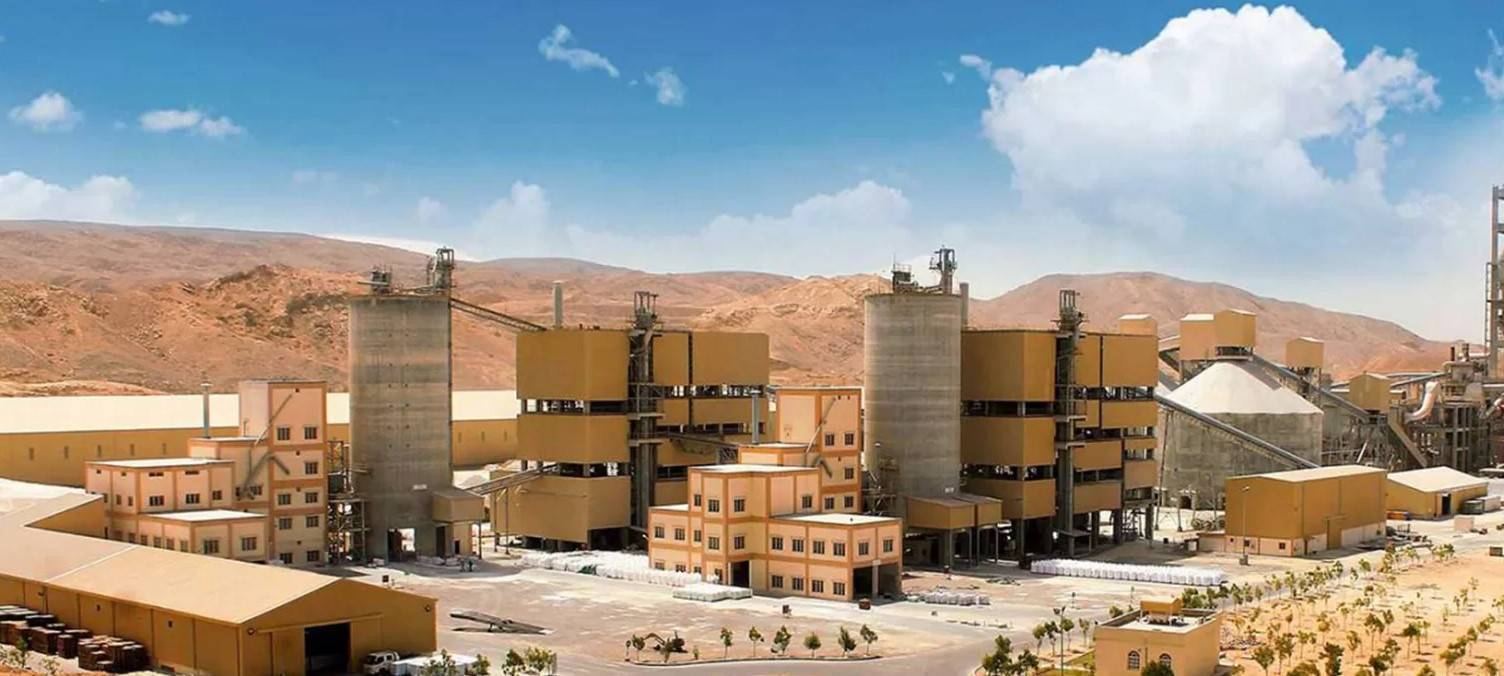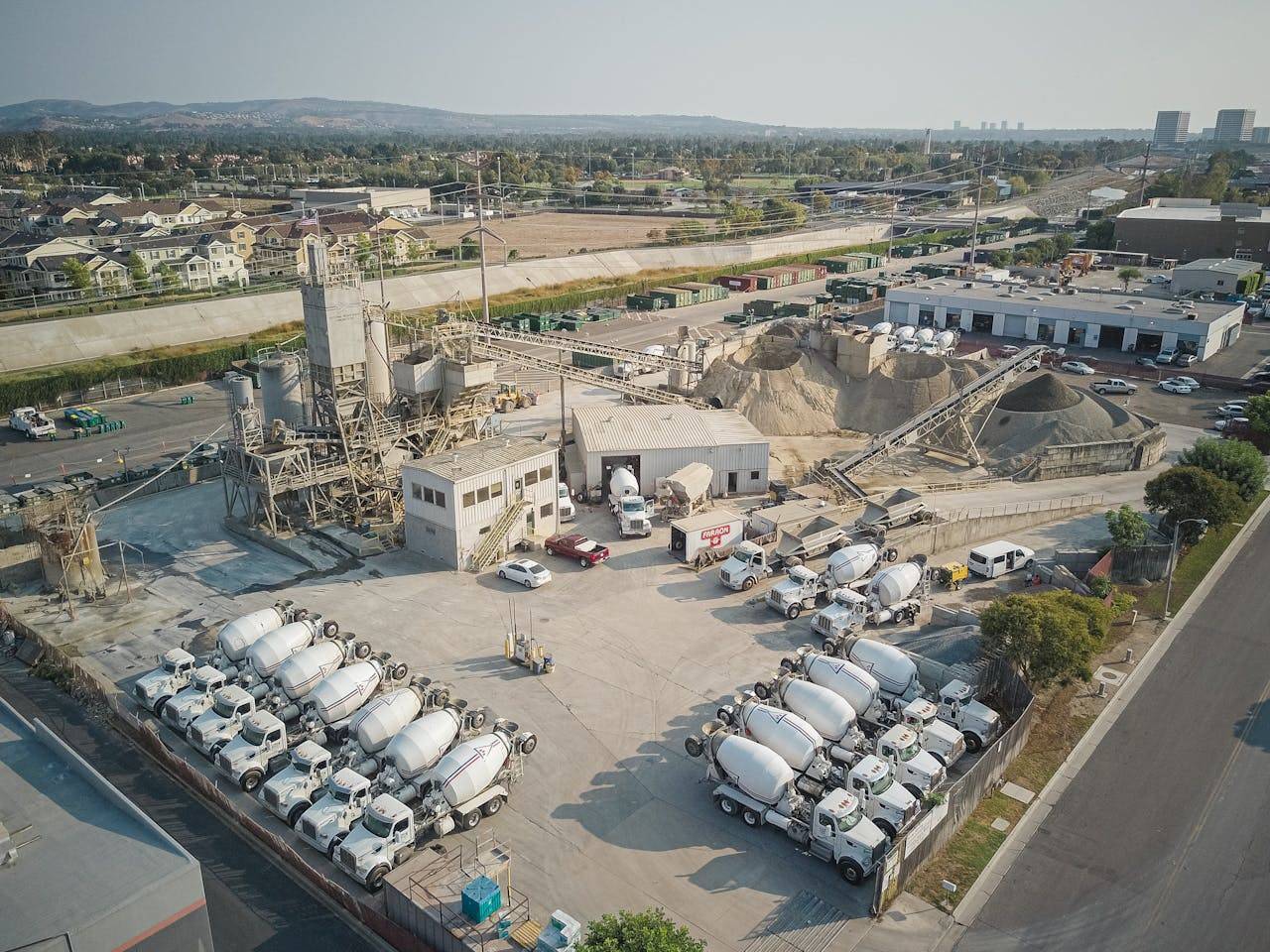Builders across Maharashtra have welcomed the finalisation of the Standard Operating Procedure (SOP) for the state’s M Sand policy but stressed the need for smooth implementation, especially in transport, access, and licensing.
The SOP, announced by Revenue Minister Chandrashekhar Bawankule , is a key step in the government’s push to eliminate river sand mining, which has long raised concerns over environmental degradation and unregulated supply chains. Under the new rules, the state aims to promote manufactured sand, commonly known as M Sand—as a sustainable and scalable substitute for natural river sand.
While developers under both CREDAI and NARDECO praised the policy framework, they urged the government to streamline on-ground access and regulatory approvals for maximum effectiveness. Representatives pointed out that although urban areas have already transitioned to M Sand, rural regions continue to face availability issues due to poor logistics, lack of verified suppliers, and complex approval procedures.
“The SOP is a good step forward, but it must ensure that M Sand is accessible across all regions, including remote and underdeveloped belts,” said a core committee member of CREDAI. “Simplified transport norms and a verified list of local suppliers can drastically reduce costs and delays.”
CREDAI Pune president Manish Jain said that the construction industry is committed to sustainable alternatives like M Sand, which is manufactured by crushing hard stones such as granite in controlled conditions. “It offers uniform quality and consistent grain size, making it ideal for both concrete and plastering,” Jain explained.
Acciring to Times of India, Builder Kapil Gandhi added that M Sand undergoes rigorous lab testing and mix-design calibration to suit specific projects. “Urban construction has already moved away from river sand. Earlier concerns related to plaster quality have been addressed through extensive R&D,” he said.
According to the newly released SOP, existing quarry leaseholders can apply for M Sand production through the Mahakhanij portal. The first 50 projects in each district will receive concessions from the revenue and industries departments, provided they establish production units within six months. However, ‘Consent to Operate’ from the Pollution Control Board remains mandatory before any production activity can begin.
Transport of M Sand will also require a secondary permit, and a deputy collector will serve as the nodal officer for implementation and coordination.
National Real Estate Development Council (Naredco) president Bharat Agarwal backed the government’s decision to curtail riverbed mining, calling it ecologically necessary. “M Sand is a reliable and widely accepted alternative. We request the government to expedite environmental clearances and grant more licenses for production units to meet the rising construction demand across Maharashtra,” he said.
Agarwal also pushed for a fully automated approval system for faster clearances and simpler royalty payment mechanisms to avoid bureaucratic bottlenecks.
As per a government resolution issued in May 2025, public and private land parcels suitable for M Sand production will be listed for auction on the Mahakhanij portal. Interested applicants must submit undertakings along with clearances from local planning bodies and pollution control authorities.
Developers agree that the policy is a strong foundation for sustainable sourcing but emphasize that timely execution, efficient transport, and infrastructure upgrades are vital to ensure an effective transition away from river sand.









.png)